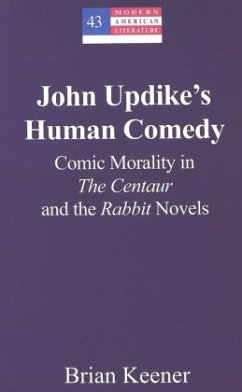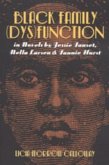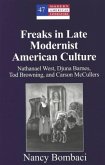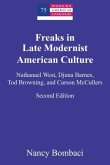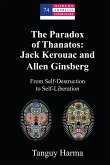The comedy in John Updike's most important works - The Centaur; Rabbit, Run; Rabbit Redux; Rabbit Is Rich; Rabbit at Rest; and Rabbit Remembered - defines a comic world and its morality. Although critics have failed to recognize the extent and the importance of Updike's comedy, his serious fiction does contain a good deal of farce, burlesque, and irony that, far from being peripheral or mere comic relief, depicts the absurd and contradictory nature of life. Within such a world, set in the everyday Pennsylvania of the second half of the twentieth century, human beings mature, or gain Kierkegaard's ethical sphere, by fulfilling their societal and generational responsibilities. George Caldwell of The Centaur is Updike's paragon, while Rabbit Angstrom embodies the comic hero who, through trial and error, finally matures. Overall, through an analysis of Updike's comedy, this book reveals a dimension of his fiction that is essential to understanding his work.
«This book, on the comic morality in John Updike's novels, is a piece of truly first-rate and original scholarship. Keener's work demonstrates nicely how in Updike - and by implication in other writers - comedy, broadly understood, provides more than fun and entertainment: it can bring man to mature self-understanding; it can help him find his place in the world. Keener's scholarship is smart and sophisticated, and, as I have said, also highly original, one could even say ground-breaking, because not much scholarly work on this aspect of comic fiction has been done (writers on literary comedy usually concentrate on drama).» (N. John Hall, Distinguished Professor, Graduate School and University Center of the City University of New York (and Anthony Trollope scholar))

